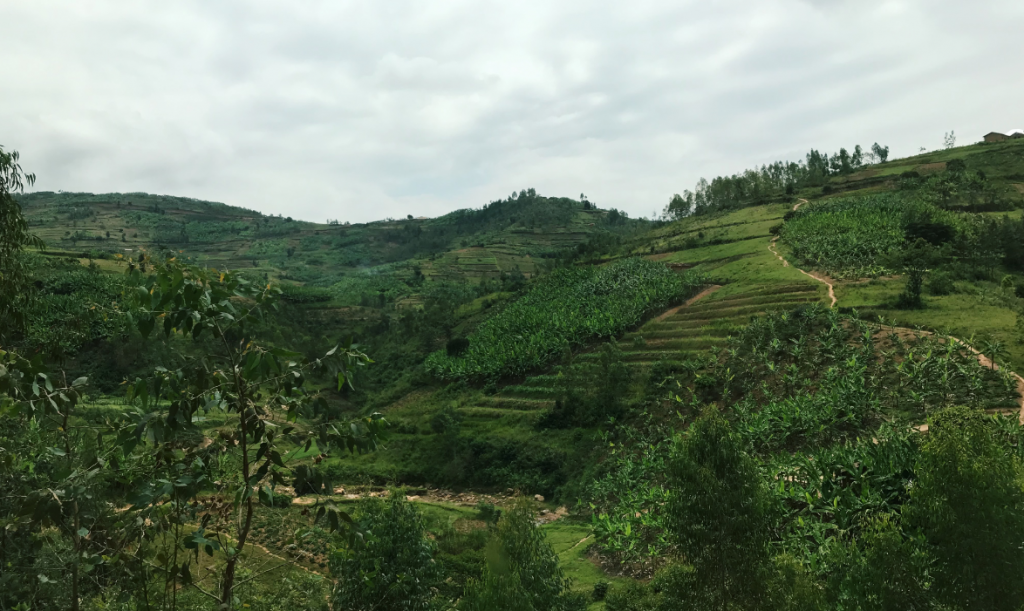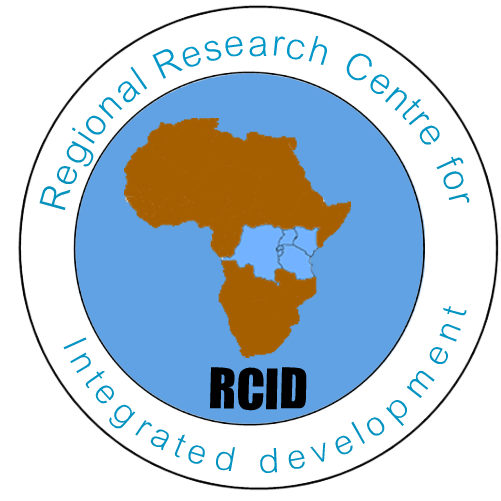
Duration: January to July 2020
RCID contact person: Jules Kazungu (Email: jules.kazungu@rcidcentre.com)
Sponsor: World Vision Rwanda and co-financed by Australia Government.
The project is supported by the Australian Government, aims to improve food security and livelihoods for smallholder farmers (including cattle keepers) and their families in Rwanda. World Vision implements the project in collaboration with different stakeholders including the National Tree Seed Centre and the World Agroforestry Centre (ICRAF). The project is being implemented in Bugesera, Gatsibo, Kayonza, and Nyagatare districts of Rwanda with the overall goal to contribute to improved food security and livelihoods for 11,808 smallholder farmers (including cattle keepers) and their families (total 51,955 beneficiaries) in Rwanda by 2022. The assignment is to review the performance and accountability of the project interventions to lessons that will help re-calibrate the project design and implementation for the remainder of the project’s cycle. More specifically the review will look at the current level of output indicators in light of the baseline and comments on the trajectory towards realizing the outcomes and the overall goal.
Main tasks of RCID Ltd are:
- Verify the progress made by the project with achieving the stated outputs, and outcomes among disaggregated stakeholder groups (including gender and disability)
- Depth gender dimension evaluation of the project through undertaking comprehensive analysis of gender mainstreaming into the project activities through identification of the relevant gender entry points and innovative approaches;
- Evaluate the efficiency, relevance and progress of the intervention and appropriateness of implementation approaches used;
- Document promising practices, key lessons learned and recommendations to inform project remaining period of implementation;
- Identify weaknesses in the project design, implementation or operating environment that constrained optimal project effectiveness;
- Defined gender roles and provide specific recommendations on how to mainstream gender into project activities during implementation.
